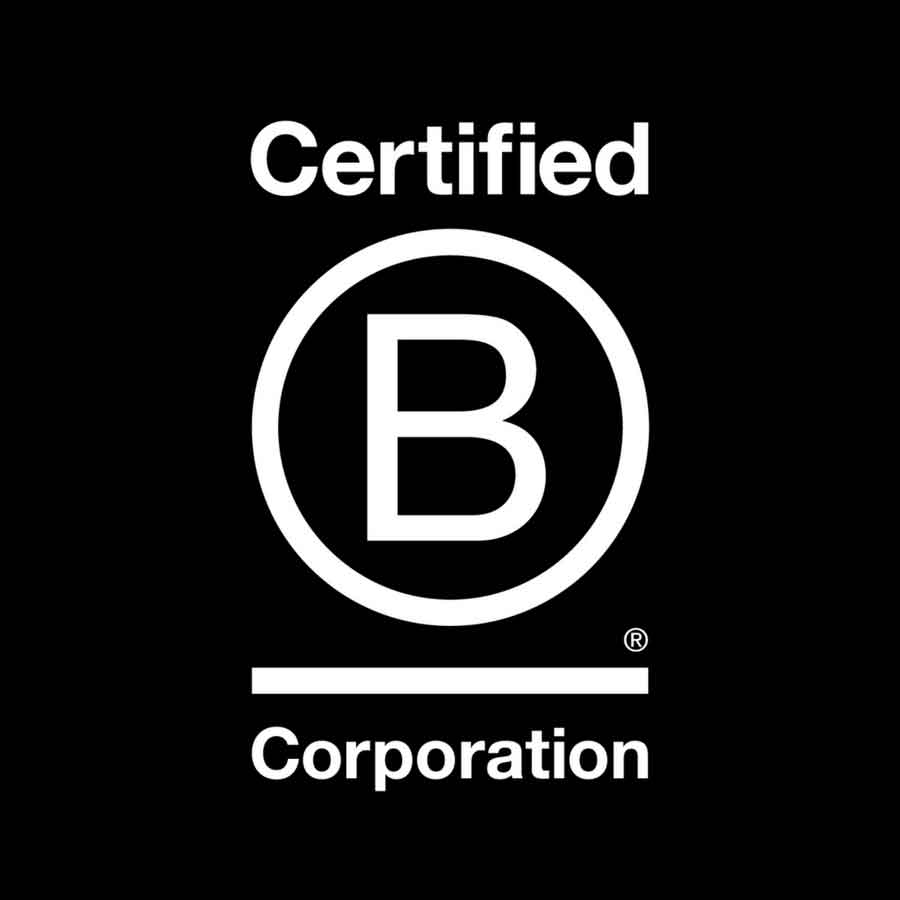Companies embrace B Corp certification in commitment to positive impact – Part 1

Pic: Getty Images
- Companies with B Corp certification more than doubles globally in two years to January 2024 to 8000
- In recent years more large, complex businesses, multinationals, and listed companies have gained B Corp certification
- B Lab says B Corps prove it’s possible to deliver positive environmental and social impact while remaining financially healthy
In more than 80 nations, consumers can see items adorned with a prominent ‘B’ or see it on a brand’s website, symbolising the company has achieved B Corporation certification.

March has been B Corp Month globally with recent data from nonprofit B Lab, the certifying body, showing a surge in B Corp certifications globally in recent years.
Between January 2022 and January 2024, the community of certified B Corps doubled from 4,000 to 8,000.
Currently, there are 680 B Corps in the Australia and New Zealand region, with more than 500 headquartered in Australia alone.
The number of certifications in Australia and New Zealand accounts for ~8.5% globally, despite the relatively smaller populations of these countries.
B Lab Australia and Aotearoa New Zealand CEO Andrew Davies told Stockhead the robust growth underscores the significant commitment of businesses in the region toward positive environmental and social impact.
Davies says the rapid growth in Certified B Corporations over the last two years reflects an “increasing recognition that our economic system needs to change”.
“It’s no longer acceptable for businesses to pursue profits at the expense of people and the planet,” he says.
“Over 500 B Corps in Australia and over 8000 worldwide are showing that it’s possible to deliver positive environmental and social impact whilst staying financially healthy as a for-profit company.”
What exactly is B Corp certification?
Davies says B Corps are businesses that are going beyond compliance to voluntarily be held accountable for their impact and meet higher standards than ordinary businesses.
Beyond the rigorous environmental and social impact standards required for certification, participating businesses must make a formal legal commitment to being accountable to all stakeholders and transparently publish their impact profile.
Davies says this binding pledge represents a substantial departure from traditional governance models.
“This is the type of leadership we need from all businesses, and it goes against the increasingly outdated idea that businesses need fewer rules or standards to thrive,” he says.
Davies says the reasons that businesses certify and the benefits they gain do vary.
“Benefits include gaining independent validation and benchmarking best practices, attracting employees, customers, and investors, and joining a community of like-minded businesses who are willing to collaborate to solve common problems,” he says.
“Many businesses tell us that the rigour of the certification process is invaluable for aligning their team and organisation on their impact, and identifying strengths and areas for improvement.”
Davies says B Corps are continuously working to impact to create more inclusive workspaces, improve their climate impact, and respond to ever-changing issues, like the ethical use of artificial intelligence in the workplace.
He says becoming certified isn’t the end of the road – it’s just the beginning as B Corp companies look for new ways to improve their impact with the actions all adding up. Stats show:
- B Corps are twice as likely to use 100% renewable energy than a non-B Corp
- B Corps are twice as likely to be led by majority-female management teams, and there are over 1,800 women-owned B Corps
- 119,000 workers can own shares in their B Corp company, with 26% of B Corps giving employees the opportunity to own a piece of their company.
“As companies who care for people, profit, and the planet in equal parts, B Corps are leading the way on how the business sector can influence a better, bolder, brighter future,” says B Lab Global interim lead executive Clay Brown.
“As consumers, workers, and investors, our collective influence has the power to demonstrate the demand for business as a force for good.”
Which industries are embracing B Corp?
Davies says in recent years more large, complex businesses, multinationals, and listed companies have gained their B Corp certification.
“This is exciting because while small and medium enterprises are crucial drivers of innovation and economic development, the reality is that in order to transform the economy, we have to transform big business too,” he says.
“To realise our goal of an inclusive, equitable and regenerative economic system, we need businesses of all shapes, sizes and sectors to deliver positive impact to people and planet alongside the generation of profit.”
Davies says B Corps are now across more than 160 industries worldwide. He says in Australia growth can be seen across diverse industries, particularly in sectors that have had the spotlight on them or those feeling the pinch of rising customer expectations.
“Leading businesses in apparel and retail, management consulting and professional services, and financial services have stepped up to demonstrate that they are meeting high standards of environmental and social impact,” he says.
“Gaining B Corp Certification and committing to ongoing transparency and accountability shows employees, investors, customers and suppliers that they’re doing what they say they’re doing.”
Davies says increasing scrutiny and regulation on greenwashing and rising customer, employee and investor expectations are all driving more businesses to review their environmental and social impact and change their practices for the better.
“B Corp provides a practical framework and tools to take real action towards using business as a force for good,” he says.
Opening doors to ‘collective and impact opportunities’
Davies says B Corps often buy from, supply to, and work with other B Corps with a community that is “united in a shared vision”.
“B Corps join a global movement of aligned businesses working to improve outcomes for people and planet, which opens doors to commercial and collective impact opportunities,” he says.
“There’s a natural alignment of values that fast-tracks collaboration.”
Davies says there are many examples of collaboration such as Danone and Synlait partnering in regenerative agriculture research or Bassike, Sample Coffee and Davines collaborating on instore promotions during B Corp Month.
“Not to mention the number of B Corps are choosing to bank with B Corp banks or engage B Corp agencies to provide services,” he says.
Davies says a recent report from its global insights team found B Corps outperform ordinary businesses, and were more likely to grow their revenue and worker base between 2019 – 2021 despite the global pandemic.
“Unilever ANZ credits B Corp certification as a key factor in attracting strong, purpose-driven talent,” he says.
On the ASX there are several companies we’ve noticed with B Corp certification. In Part 2 we will look at some of the ASX companies embracing B Corp certification.
Related Topics
UNLOCK INSIGHTS
Discover the untold stories of emerging ASX stocks.
Daily news and expert analysis, it's free to subscribe.
By proceeding, you confirm you understand that we handle personal information in accordance with our Privacy Policy.








